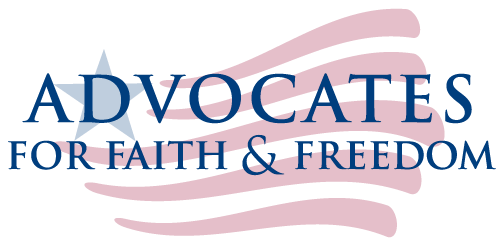Making good on one of his central campaign promises, President Trump has already seen 12 of his federal appeals court nominations, a record for first-year presidential appointments. The previous record was 11 by Presidents Kennedy and Nixon. The conservative nominees all solidly embrace the U.S. Constitution; no revisionists among them. In addition to their conservative philosophies, many of Trump’s appointments are young enough that their influence will be entrenched in American law for decades to come!
But even though the president has been operating at a record pace, there is still a tremendous backlog of judicial vacancies.
Many of Trump’s nominations are being held up by Democrats who are trying to obstruct his presidential prerogative to appoint judges. Such is the case in the 9th U.S. Circuit Court, which governs the western
U.S. The 9th Circuit, the most liberal—and overturned appellate court in the country—has four vacancies (three of which have been vacant a year, the fourth for two years) with two more coming in 2018. The vacancies include a seat in California, as well as Arizona, Hawaii, and Oregon.
Despite the desperate need to fill those seats, Trump’s nomination to fill the Oregon seat has been stalled by politics. The highly qualified nominee, Ryan Bounds, has been awaiting confirmation for three months while Sens. Ron Wyden and Jeff Merkley try to use procedural grounds to block the appointment.
In addition to the appeals court, federal district courts in California (the central and southern divisions), have seven existing vacancies, with one more coming Dec. 31. Nominees have yet to be named to those positions. We believe the make-up of the nation’s district courts is absolutely critical because they hear roughly 60,000 cases annually. In addition, nominees to the appellate court are often culled from the ranks of the district courts.
Although there are no current vacancies on the U.S. Supreme Court—thanks to Neil Gorsuch’s April confirmation—most experts anticipate that Trump may have the opportunity to appoint at least two justices with the long rumored-retirements of Justices Ruth Bader Ginsburg, a liberal, and Anthony Kennedy, a moderate who frequently casts the tie-breaking vote.
The judicial composition of these courts is particularly crucial in California where the legislature is overwhelmingly liberal. Often the only recourse we have in protecting religious liberties is through the court system, which has systematically eroded to the left. As a result, the greatest legacy of the Trump Administration could be his efforts to remake the courts.
As we head into 2018 with a watchful eye toward promising judicial appointments, Advocates for Faith & Freedom’s attorneys are diligently working on several court cases that have significant ramifications for religious freedom:
The Scharpen Foundation v. Kamala Harris against CA AB775  In October, Advocates’ attorneys successfully argued before a Riverside County Superior Court Judge that California’s Reproductive FACT Act infringes on constitutional free speech by compelling pregnancy care centers to engage in speech that is contrary to their spiritual beliefs. The state will likely appeal.
In October, Advocates’ attorneys successfully argued before a Riverside County Superior Court Judge that California’s Reproductive FACT Act infringes on constitutional free speech by compelling pregnancy care centers to engage in speech that is contrary to their spiritual beliefs. The state will likely appeal.
National Institute of Family and Life Advocates v. Becerra The Supreme Court has agreed to hear this sister case to Scharpen. We are working closely with NIFLA’S lead counsel because of valuable research we uncovered during our preparations on the Sharpen suit. That information will likely influence the High Court.
Calvary Chapel Bible Fellowship v. Riverside County
 Our client maintains the city of Temecula violated federal law (RLUIPA) by denying the church’s permit to expand its existing facility on its own land within the wine country. Earlier this month we filed our notice of appeal to the 9th Circuit.
Our client maintains the city of Temecula violated federal law (RLUIPA) by denying the church’s permit to expand its existing facility on its own land within the wine country. Earlier this month we filed our notice of appeal to the 9th Circuit.
When you consider your year-end or year-round charitable giving, please remember Advocates for Faith & Freedom with a tax-deductible donation.
While we remain grateful that your faithful prayers continue to encourage us through these court battles, without your financial generosity, we would not be able to continue to work on pro bono cases that uphold our Christian beliefs.
 Robert Tyler
General Counsel
Robert Tyler
General Counsel